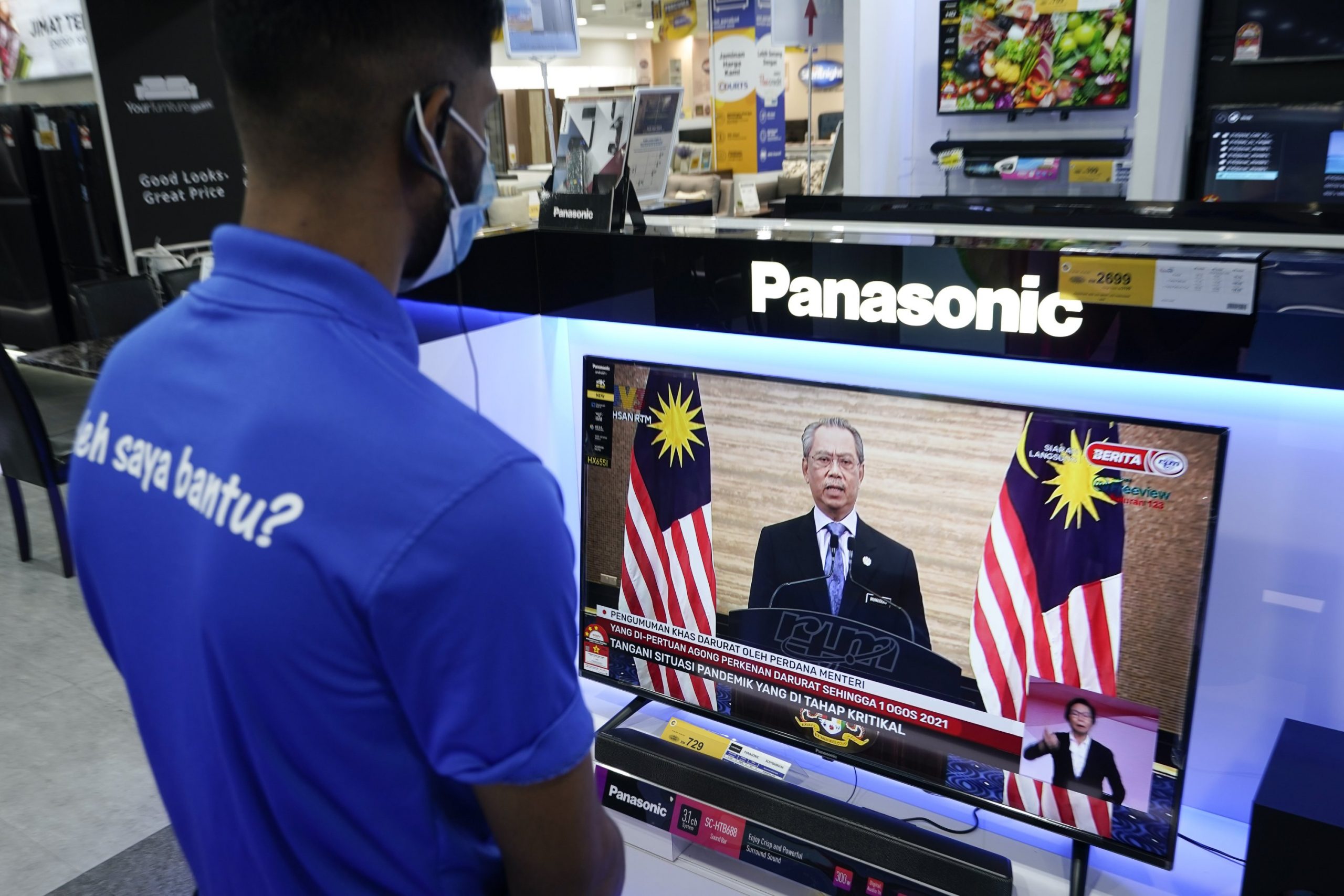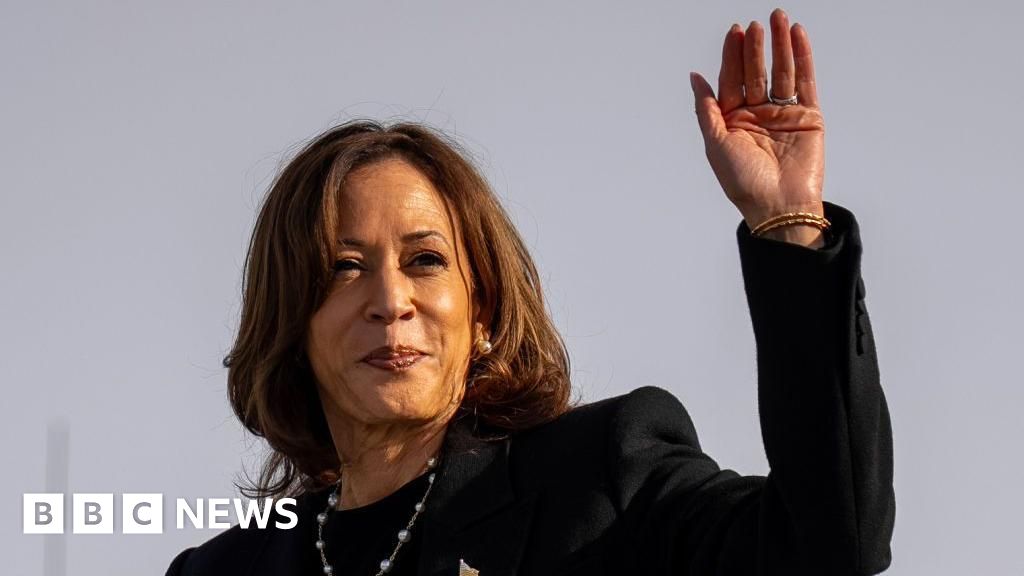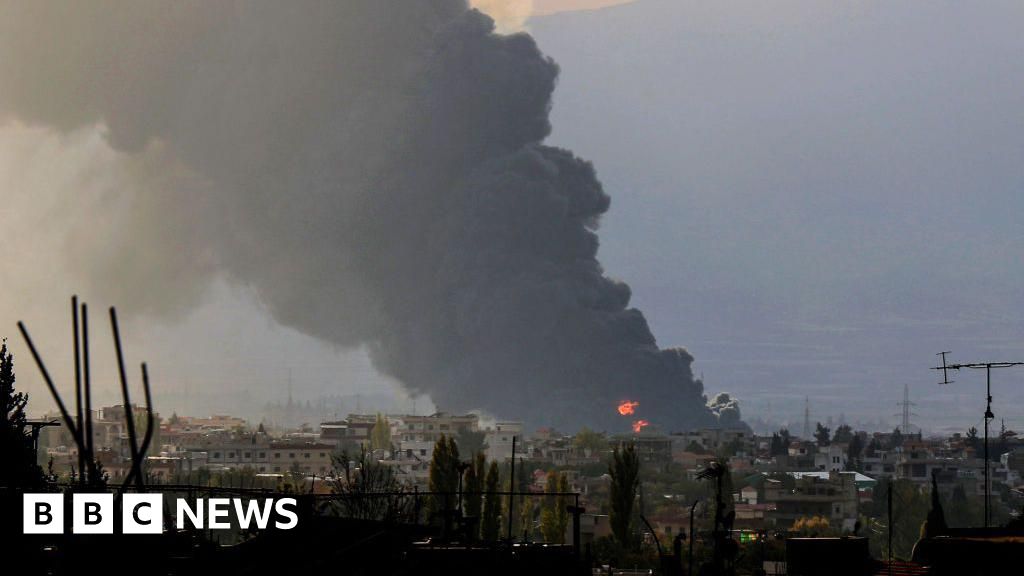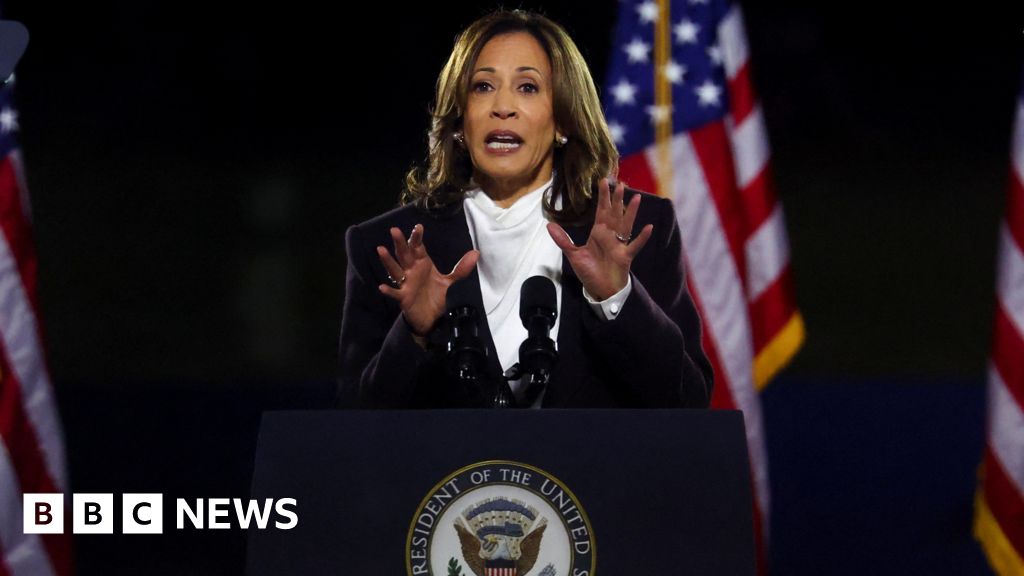Kuala Lumpur, Malaysia (AP) – The King of Malaysia on Tuesday approved a coronavirus emergency that will suspend parliament at least until August and halt any efforts to hold general elections within a political deadline of Prime Minister Muhyiddin Yassin.
Mohieddin assured citizens in a televised speech that the state of emergency “is not a military coup and a curfew will not be imposed.” He said his civilian government would remain in power during the state of emergency that would last until or before August 1, depending on the situation.
The emergency declaration came as a surprise just a day before millions of people in Kuala Lumpur, Malaysia’s largest city, the administrative capital Putrajaya, and five high-risk states returned to near-lockdown for two weeks.
It also comes amid threats from the United Malaysia National Organization, the largest party in the ruling coalition, to withdraw support from Muhyiddin to impose early general elections. Many in UMNO are unhappy that the party is playing the second violin of Muhyiddin Malay.
Muhyiddin said that the national parliament and state legislatures will be suspended and elections will not be allowed during the state of emergency. He pledged to call general elections as soon as the crisis subsided and the ballot was safe to take place.
Oh E Sun, a senior fellow at the Singapore Institute of International Affairs, said that most people can understand the need for movement restrictions, but the emergency declaration seems exaggerated because it is unclear how it could help slow the spread of the virus.
“It is very clear that it is a political step on the part of Mohiuddin to anticipate political challenges from his opponents in the ruling coalition, as well as from the opposition,” he said.
The last time Malaysia declared a state of emergency was in 1969 after bloody racist riots that killed hundreds. The king, who can declare a state of emergency allowing to rule the country through decrees that cannot be appealed in court, in October rejected Muhyiddin’s request to declare a state of emergency.
King Sultan Abdullah Sultan Ahmed Shah said at the time that existing laws were sufficient to stop the spread of the virus. But the Jordanian monarch said in a statement to the palace on Tuesday that he had taken into account public safety and the country’s interest in giving his consent after meeting Muhyiddin late on Monday.
The king said he is concerned that the epidemic has risen to a critical level and at the same time, some parts of the country are suffering from floods that have displaced thousands.
The number of virus cases in Malaysia increased from just over 15,000 three months ago to 138,224, including 555 deaths, in a new outbreak triggered by local elections.
Announcing the lockdown on Monday, Mohieddin warned that the country’s healthcare system was on the verge of collapse. He said daily coronavirus cases, which have exceeded 2,000 in recent weeks, could jump to 8,000 by the end of May if nothing is done. The Department of Health also said that it had identified the first case of a UK highly contagious variant in the country.
On the other hand, Interior Minister Hamzah Zainuddin became the third minister in the government within days to be tested for HIV infection, according to what his office announced on Tuesday.
Under the restrictions renewed from Wednesday, social gatherings and interstate travel have been banned, and movement restricted in a 10-kilometer (6-mile) radius, similar to the national lockdown in March 2020. However, there are certain sectors in manufacturing and construction. Services, trade and distribution, and the farmer will be allowed to operate with strict guidelines.
Mohiuddin assured investors that “Malaysia is open for business.”
“This emergency period will give us the calm and stability we so desperately need, as well as enable us to focus on economic recovery and renewal,” he said.
Muhyiddin took power in March after instigating the collapse of the reformist coalition that won the 2018 elections and joined the opposition to form a Malay-based government. But his government is shaken by a slim majority in Parliament.
Joseph Benedict, a researcher at the rights group Civic Monitor, said the state of emergency appeared to be another attempt by Mohiuddin to “maintain power, obstruct elections and remove parliamentary oversight” instead of seriously addressing the epidemic.
“A dark day for democracy,” he wrote on Twitter.

“Guru professionista del caffè. Giocatore tipico. Difensore degli alcolici. Fanatico del bacon. Organizzatore.”







